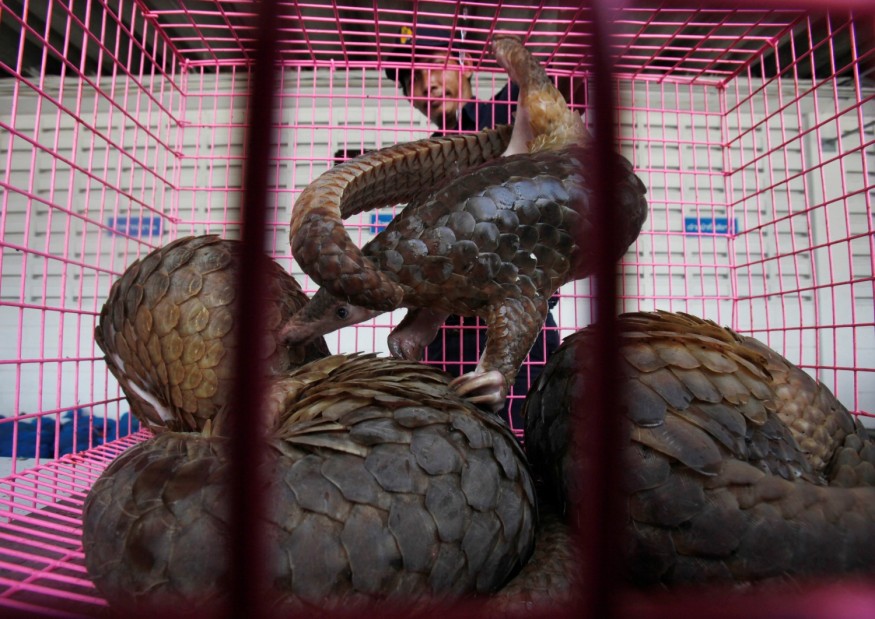
The acting executive secretary of the UN Convention on Biological Diversity Elizabeth Maruma Mrema called on countries to ban "wildlife markets" that sell live and dead animals for human consumption to prevent pandemics.
China has issued a temporary ban on wildlife markets, where animals from the wild are crammed in small cages and kept in unsanitary conditions.
Scientists and conservationists have called on China to make the ban on wildlife permanent to prevent another COVID-19 pandemic from happening again. According to Jinfeng Zhou, secretary-general of the China Biodiversity Conservation and Green Development Foundation, a global ban on wet markets will facilitate wildlife conservation and allow protection from improper contacts with wildlife. "More than 70% of human diseases are from wildlife, and many species are endangered by eating them," she added.
The role of biodiversity in disease prevention
Mrema cited Ebola in west-central Africa and the Nipah virus in East Asia as an example of the destruction of nature and inflicting new human illnesses. The United Nations, in its "state of knowledge review" of biodiversity and human health in 2015, emphasized the role of biodiversity in disease prevention rather than the 'one germ, one disease' approach.
Recent research showed that biodiversity protection could prevent novel diseases from emerging. In diverse ecosystems separated from human habitation, not all species are susceptible to or transmitters of disease. Viruses may appear, but it does not make a huge impact. As people moved in, the system of protection gets disrupted. Big predators are hunted or targeted first, leaving behind small organisms that have a shorter life span, reproduce in large numbers, and have a more stable immune system. Deadly pathogens emerge when only a few of the species that are carrying the disease are left and are thriving near people.
A study done by One Health Institute from the University of California, Davis revealed that "virus spillover risk" from wildlife to people increases as contact between them is increased. The study further cited that almost half of the diseases such as SARS, Ebola, West Nile, Lyme, MERS, that were transmitted from animals to humans since the 1940s can be traced to conversion in land use, agriculture, and wildlife hunting. The study estimated that there might be 10,000 mammalian viruses potentially dangerous to people.
In the wake of the COVID-19 outbreak, Mrema is optimistic that the world would take the consequences of the destruction of natural habitats when the countries return to negotiate the post2020 framework for biodiversity billed or the Paris Agreement for nature.
She said that conserving ecosystems and biodiversity will reduce the prevalence of this disease. The way we farm, use the soils, protect coastal ecosystems, and treat our forests will either destroy us or help us live longer, she explained.
Mrema also warned against the reactionary approach to wildlife in response to the COVID-19 pandemic. Communities that are dependent on wildlife trade should be given alternative livelihoods to prevent the opening of illegal trade in animals, which has led some species to the brink of extinction. "We need to look at how we balance that and close the hole of illegal trade in the future," she added.
© 2026 NatureWorldNews.com All rights reserved. Do not reproduce without permission.





